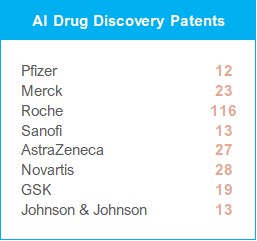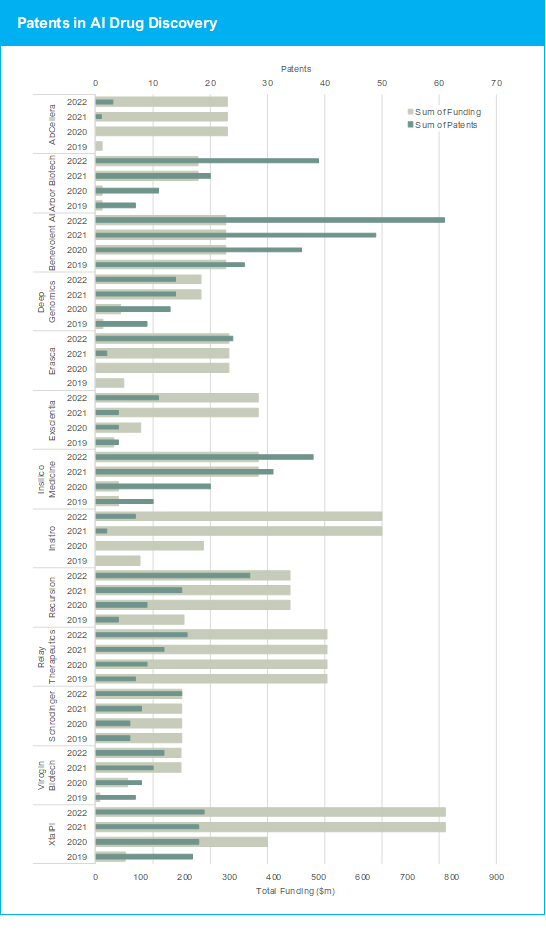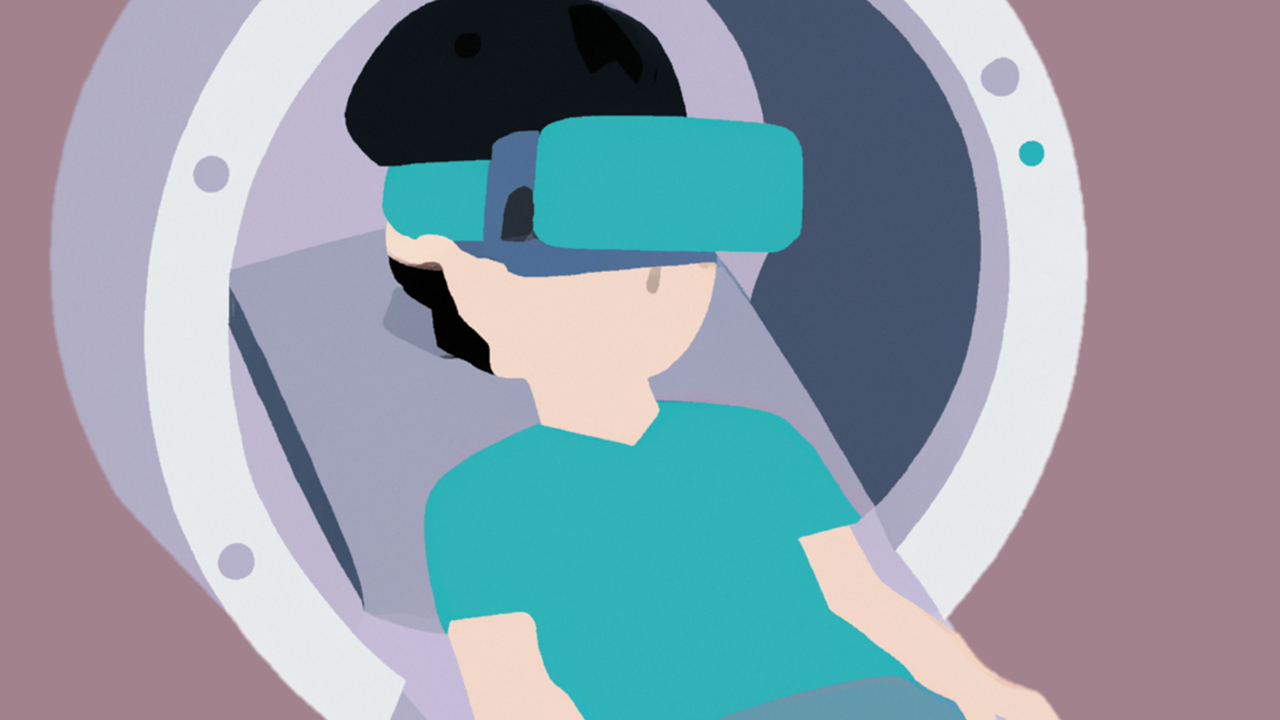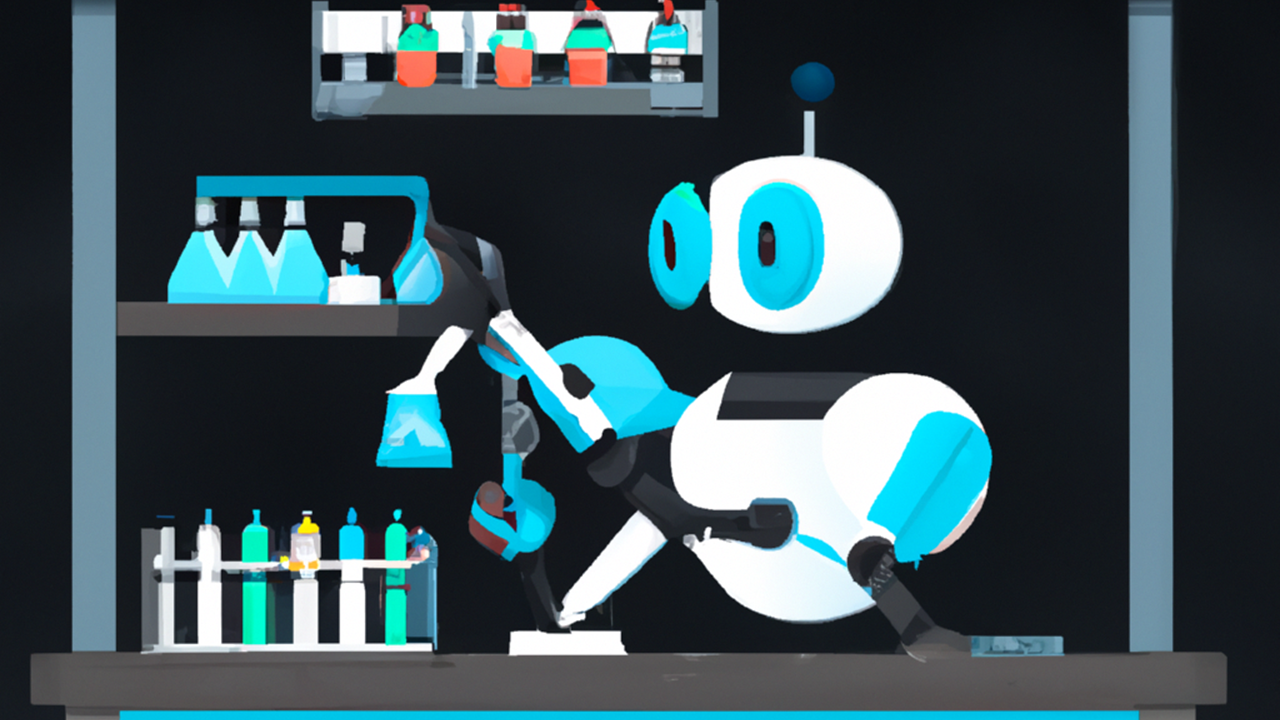Patents are important in AI drug discovery. Patents provide a way for companies to protect their innovations and investments in AI drug discovery, giving them exclusive rights to use and commercialise their inventions for a limited period of time. This exclusivity can provide a competitive advantage, attract investment, and increase revenue, which are all important factors in the highly competitive field of drug discovery.
Patents can also provide recognition and validation for companies that have made significant contributions to the field of AI drug discovery. This recognition can help companies establish their reputation as leaders in the industry and can be important in attracting customers and partners.
In addition, patents can serve as a way to ensure that new innovations in AI drug discovery are shared and developed in an open and collaborative manner, as companies can license their patents to others and enter into joint ventures to advance their technologies.
Overall, patents play an important role in the AI drug discovery industry, providing incentives for innovation, protection for investment, and recognition for contributions to the field.
A Landscape in Constant Development
Patents related to AI drug discovery typically cover a range of technologies, including:
- Machine learning algorithms for drug discovery: Patents covering algorithms that use AI to analyse data, predict drug efficacy and toxicity, and identify new drug targets.
- AI-powered molecular docking: Patents covering AI algorithms and systems that use computational methods to predict the binding affinity of drug candidates to target proteins.
- AI-powered drug design: Patents covering AI algorithms and systems that use computational methods to design new drugs and optimise existing ones.
- AI-powered drug repurposing: Patents covering AI algorithms and systems that use computational methods to identify new uses for existing drugs.
- AI-powered pharmacology and toxicology: Patents covering AI algorithms and systems that use computational methods to predict the pharmacological and toxicological properties of drug candidates.
The use of AI in drug discovery has the potential to revolutionise the way that drugs are developed, from the identification of new drug targets, to the design and optimisation of new drugs. This has led to significant investment and innovation in the field, and a corresponding increase in the number of patents filed for AI-related technologies in drug discovery.
In addition, the COVID-19 pandemic has further accelerated the adoption of AI in drug discovery, as the need for faster and more efficient drug development has become more pressing. This has led to even more investment and innovation in the field, and a corresponding increase in the number of patents filed for AI-related technologies in drug discovery.
Overall, the trend towards increased innovation and investment in AI drug discovery is likely to continue, and as a result, the number of patents filed in the field is likely to continue to grow.
Big Pharma’s AI Patents
There are several large pharmaceutical companies that have made significant investments in AI drug discovery and have filed a significant number of patents in the field. Some of the companies that are actively pursuing AI drug discovery and have filed patents in the field include:
However, while big pharmaceutical companies are making substantial investments in artificial intelligence and digital transformation, they remain keenly aware of their primary role as large-scale manufacturing plants within the drug development ecosystem. Mitigating risk and minimising research and development expenses are essential for maximising profitability, which is why partnering with risk-tolerant startups has become an integral component of their business model.
AI Startups’ Stake in Intellectual Property Increasing Rapidly
Having a strong patent portfolio can provide a number of benefits for AI startups in drug discovery. For example, it can provide them with protection for their innovations, give them a competitive advantage in the market, and help them attract investment and partnerships.
AI startups have the potential to play a significant role in the development of new drugs and therapies, and many of these startups have filed patents in the field of drug discovery to protect their innovations and investments.
While the number of patents alone may not accurately indicate the level of funding or revenue generation for a company at present, a strong patent portfolio focused on a specific method, platform or disease group can increase the likelihood of being acquired by a larger contract research organisation (CRO) or pharmaceutical company in the future.
However, not all companies opt for this approach due to the time-consuming and expensive process of obtaining and maintaining a patent, along with associated legal fees. If the inventor lacks the financial resources to pursue a patent, they may choose to forgo this option altogether. Moreover, acquiring a patent requires disclosing technical details and the application of the invention, which may not be desirable for inventors who wish to keep their work confidential or protect proprietary information. As a result, inventors may choose not to pursue a patent as part of a broader business strategy, such as relying on trade secrets or leveraging first-mover advantage to establish a presence in the market.
Related Market Report
Emersion Insights specialise in strategic market intelligence for investors and innovators. Our “AI in Drug Development Market Report” includes detailed investment analysis, market size, forecast, market shares and strategic insights to help entrepreneurs navigate in this fast-moving industry. Reach out to Market Analyst Dr Ulrik Kristensen for more information: hello@emersioninsights.io






